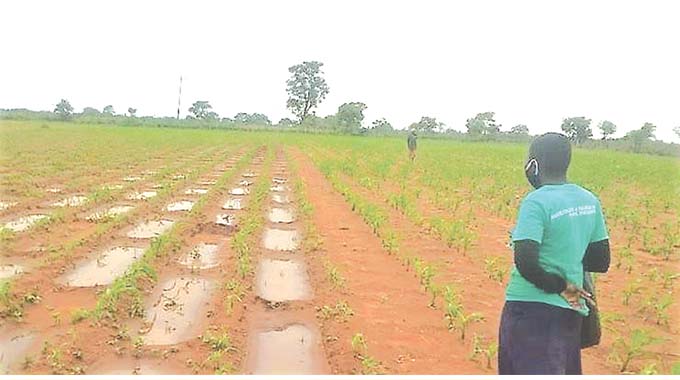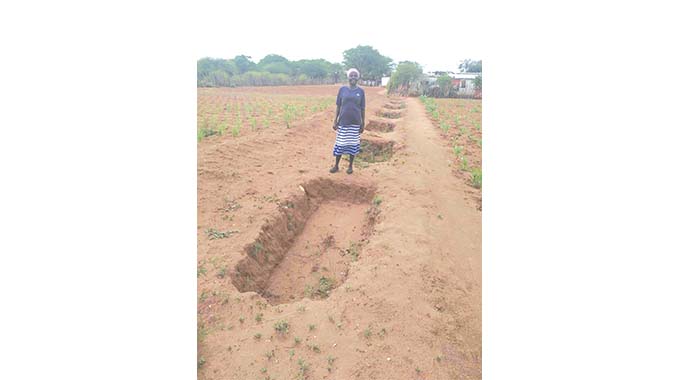
Munya Simango
IN an effort to improve agricultural production and avert food shortages in Zimbabwe’s semi-arid regions, the Matopos Agricultural Centre of Excellence (Mace) in partnership with the International Crops Research Institute for the Semi-Arid Tropics (Icrisat), facilitated a rainwater harvesting seminar for Agritex officers from Matobo and Insiza recently.
The training is an initiative of the EU-funded Zimbabwe Agricultural Knowledge and Innovation Services (Zakis) project.
Commenting on the initiative, Zakis head of the project Waddilove Sansole said the seminar was held to promote rainwater harvesting as a practical solution to crop moisture deficit and to strengthen the capacity of public extension staff.
“This training supports Government’s drive to boost agricultural production as adopting scientific methods to climate-proof agriculture and building the capacity of the extension services delivery system through appropriate training are some of the factors that were identified as crucial to the success of Zimbabwe’s Agriculture Recovery Plan,” he said.
Rainwater harvesting involves using techniques that allow the capture and utilisation of rainfall for sustainable crop production. Experts agree that the technology is one of the most sustainable ways of adapting to climate change and mitigate its effects. This is because the technology enhances crop productivity by minimising moisture stress in the field.
In an interview on the sidelines of the seminar, Icrisat Zimbabwe country representative Dr Martin Moyo said the targeted districts receive marginal rainfall and water harvesting is the key to mitigating the effects of climate change to ensure food and water security in the country’s semi-arid regions.

“The training allowed public extension workers to learn about rainwater harvesting technologies and how these can be adapted in the target districts. We covered in-field water harvesting technologies that include tied ridges, dead level contours, standard contours with infiltration pits, potholing, and basins,” he said.
These participating extension officers are expected to train lead farmers, who in turn will train other farmers in their wards.
“Going forward, we are going to prioritise the additional capacity building of extension officers to ensure the successful integration of rainwater harvesting technologies into smallholder farming systems. In line with this, we have developed plans to train lead farmers at ward level.”
The Zakis project, which falls under the Zimbabwe Agricultural Growth Programme, seeks to improve farmers’ livelihoods by enhancing the dissemination of agricultural knowledge and stimulating innovation through strengthening the working links among agricultural research, education, and extension services in Zimbabwe. It is implemented by a consortium of local and international agricultural specialist NGOs, comprising Welthungerhilfe, Sustainable Agriculture Technology, Icrisat, and Community Technology Development Organisation.
